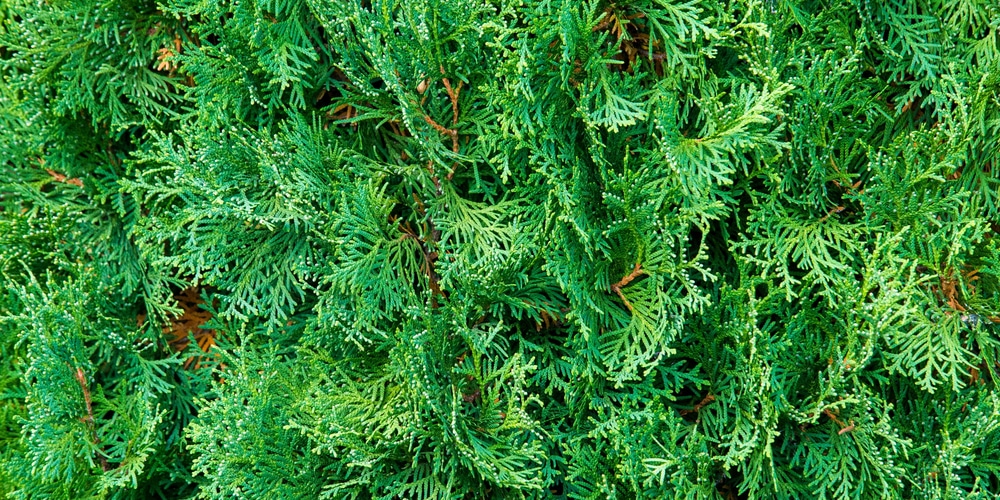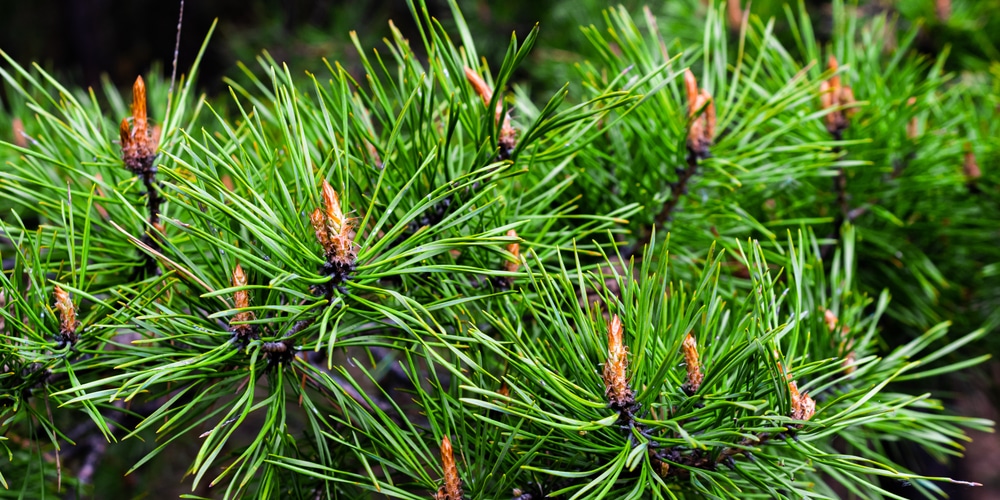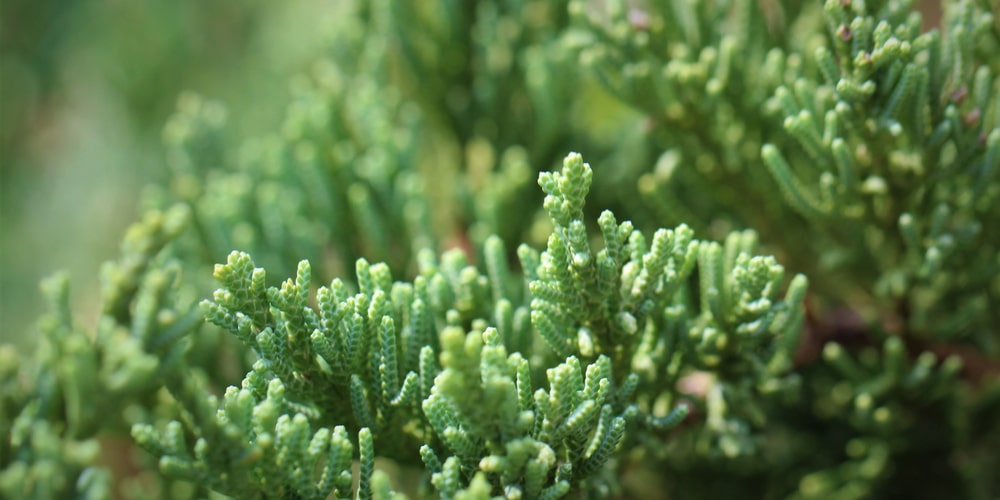North Carolina has a rich variety of plant life. From the Appalachian Mountains to the Atlantic Coastal Plane, it is home to many flowering plants, shrubs, and evergreen trees. While many of these species are native to North Carolina, many are invasive, as the state’s temperate climate allows many things to thrive.
If you are planning a garden in North Carolina and wish to support the natural ecosystem by planting some native plants, evergreen trees are an excellent option. Scientists have determined that the soil around evergreens has a higher carbon content than soil near deciduous trees or lawns. This is because evergreens pull more carbon from the air than other tree species.
North Carolina Evergreen Trees
Here are some native North Carolina evergreen trees.
Fraser Fir
The Fraser Fir is a medium-sized coniferous evergreen with distinctive needles. The needles are shiny, dark green, with a silver band. The tree grows in slightly acidic, moist soil with good drainage and prefers partial shade.
The Fraser Fir is a good option for home landscaping. It grows moderately quickly—anywhere between 6-12 inches per year. It is the most commonly used for Christmas trees and has a mild fragrance, pleasing shape, and strong limbs.
Atlantic White Cedar
The Atlantic White Cedar grows along the coast from southern Maine to northern Florida and as far west as the Mississippi. It is a hardy tree that is relatively resistant to pests and disease and resilient against apple-cedar rot.
The tree can thrive in swampy or boggy soils with little to no drainage, however, it prefers sandy soil with good drainage. It does best in full or partial sun. The tree is low-maintenance, with no pruning required. It reaches a height of 50 feet, and grows quickly, adding about 24 inches per year.
Titi
Titi, also known as Swamp Titi, Black Titi, White Titi, Red Titi, Leatherwood, or Swamp Cyrilla, is a semi-evergreen tree. It is shrub-like in its youth and adolescent years, developing into a small, slender tree in its adulthood. It is valued by bees as a pollen producer, from which they produce honey.
Titi is native to North and South America and parts of the West Indies. It can be most commonly found in swamps, along riverbanks, in wet prairies, and peaty bogs. It has fragrant flowers and attractive foliage, is resistant to pests, and grows best in partial shade and loamy soil.
Loblolly Bay
Loblolly Bay, also known as Sweet Bay or Gordonia, is a flowering evergreen shrub. It is prized for its large, white, fragrant flowers, which grow year-round. Hummingbirds and bees use the pollen as a food source.
Loblolly Bay can reach a height of up to 60ft at full maturity and grows at a rate of 24 inches per year. It can be found in acidic, wet soil, and prefers shade. It can tolerate full sun with adequate moisture.
Dahoon
Dahoon is an excellent choice for gardens and urban landscaping because it is highly resistant to pests and disease. It does well in areas where the soil is of low quality, drainage is poor, and air pollution is high.
Dahoon has distinctive red berries that ripen during the fall and remain on the plant throughout winter. They can add an attractive splash of color during the drab winter months. In the spring, the plant produces an abundance of small white flowers.
Juniper
The Common Juniper is one of the most widely spread trees in the world. In North America, it grows as a shrub, reaching heights up to 5ft. In Europe, Juniper is more commonly found as a tree, where it grows up to 25 feet tall. Common Juniper has needle-like leaves that never dull or turn scale-like.
The Common Juniper requires no pruning, performs well in full sun, and prefers well-drained soil. It is drought-tolerant and its berries provide food for many bird and animal species. The berries are also used to flavor gin.
Conclusion
Maintaining a natural, eco-supportive garden is a fulfilling way to support the environment. Planting native species stabilizes soil, prevents erosion, and encourages the growth of native animal and bird populations.
If you are thinking about planting a native species garden in your North Carolina home, a native evergreen species or a birch tree makes a wonderful addition that will bring you joy for many years.


